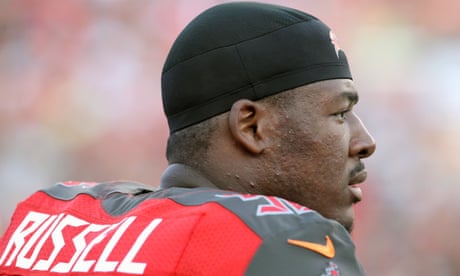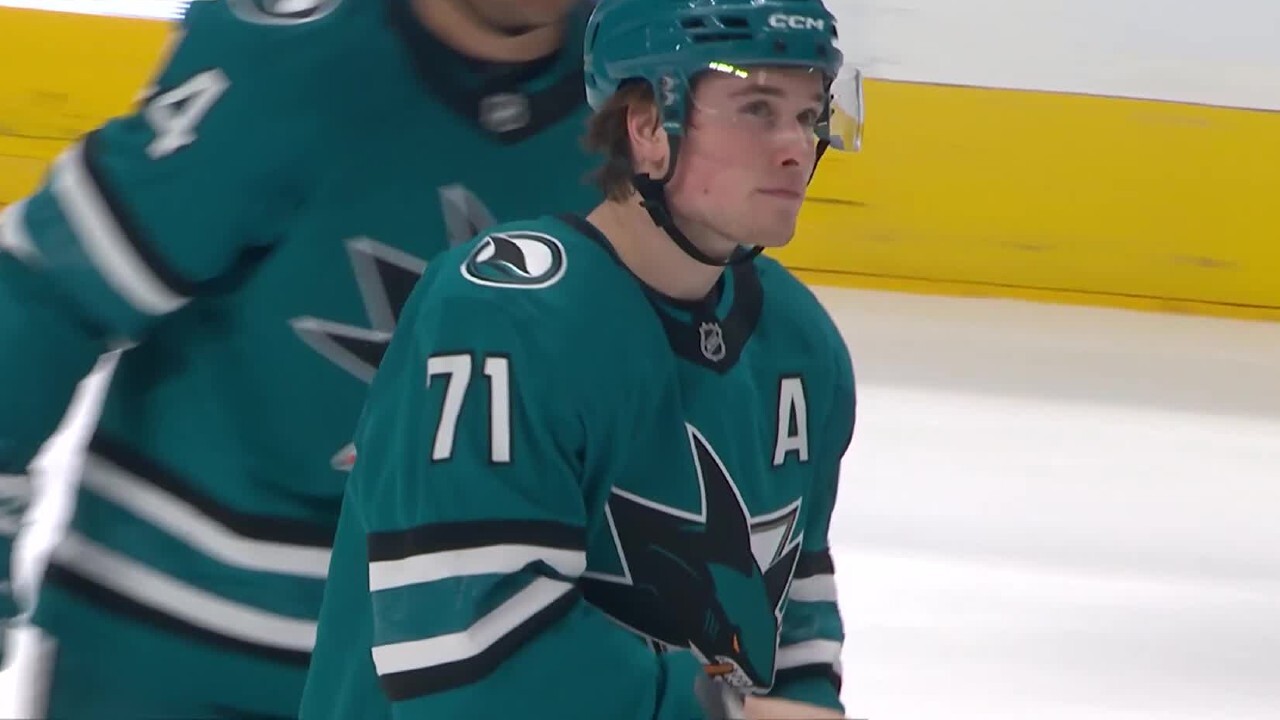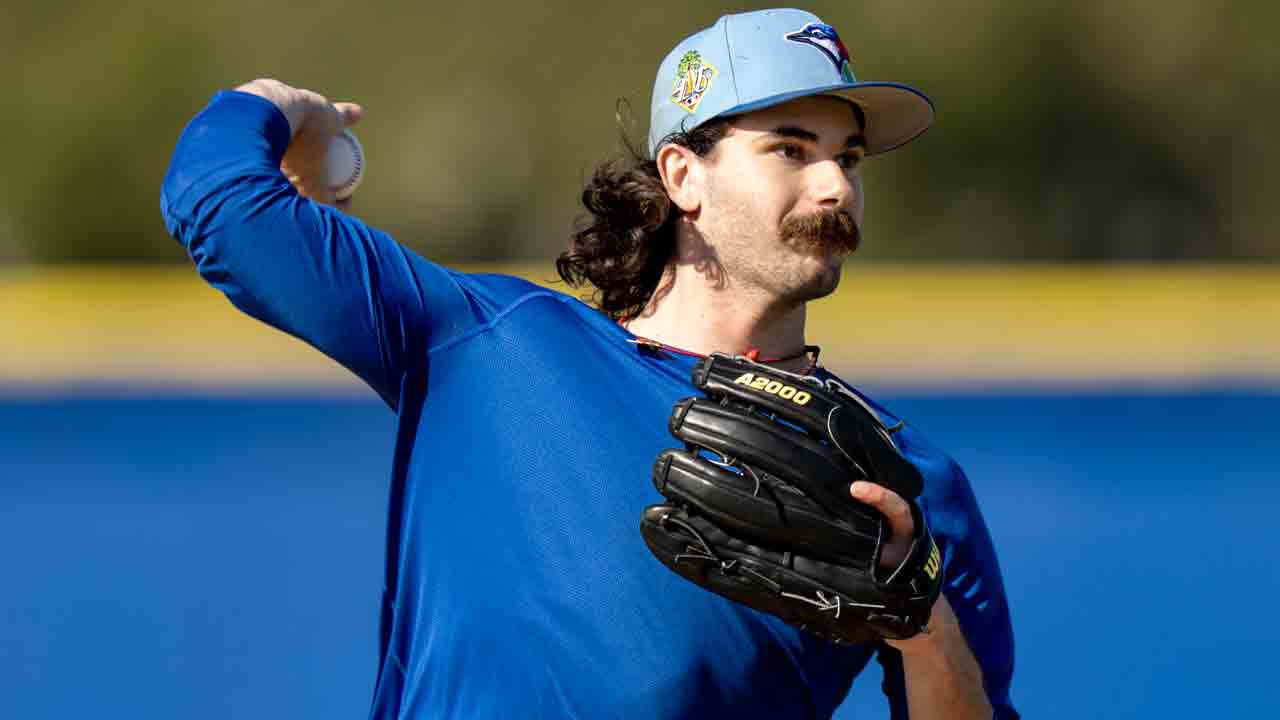
The more than 200 anti-trans bills under consideration across the country are not about youth sports, but about attacking and eradicating the most vulnerable
I wasn’t always an NFL player. Professional athletes aren’t born – despite popular opinion – we are built. Yes, there are those of us who have athletic traits and given the time and opportunity can hone them into a mastery of our craft, but we aren’t born. Many professional athletes know someone along the way, a sister, a peer, a teammate who was just as talented as them, if not more so, but didn’t make it. Ninety-nine out of a hundred times the reason athletes of similar ability don’t go the same distance or don’t make the leap from amateur to professional is circumstance and opportunity, two things that in our day and age – unlike mastery of a sport – you are born into. After the past few weeks, most trans children including those who have immense potential to be great athletes or, at the very least, find love and joy in sports, can’t even pick up a ball without legislation telling them they don’t belong. Being born Black, queer, trans or of any marginalized community puts you behind the starting line of any race, even when you might need that love and community more than we imagine.
I grew up in Dallas, Texas, to a single mother who worked three jobs to put food on the table and clothes on my back. I woke up early in the morning to find my mother had already left for work, and when I returned from school, she would call me from another job and ask me about my day, ask me how much homework I had, tell me what was in the fridge and how to reheat it, and tell me that she loved me. Though my mother was a teenager when I was born, she went above and beyond to raise me. But there was one thing I was missing, one thing that all kids need: an opportunity.
Related: Trans kids on the Republican bills targeting them: ‘I’m not a problem to society’
RK Russell played three NFL seasons for the Dallas Cowboys and the Tampa Bay Buccaneers.




